
1. The five major functions of the operating system include: process and processor management, operation management, storage management, equipment management and file management.
2. A [Analysis] As the manager of the resources of the computer system, the main function of the operating system is to manage and schedule all the software and hardware resources of the system reasonably and improve the overall performance of the computer system.
3. Operating System (abbreviation: OS) is a group of interrelated system software programs that supervise and control computer operation, use and run hardware, software resources and provide public services to organize user interaction.
4. The main function of the operating system: process management. Resident programs and applications run on the basis of the process.When the computer adopts the von Neumann structure, each CPU can only run one process at a time.
5. The operating system has five functions: processor management: mainly controls and manages the work of the CPU. Storage management: mainly allocate and manage memory. Device management: mainly manage basic input and output devices. File management: responsible for the organization, storage, operation and protection of computer files.
6. The operating system has five functions: processor management: mainly controls and manages the work of the CPU. Storage management: mainly carry out memory allocation and management device management: mainly manage basic input and output device file management: responsible for the organization, storage, operation and protection of computer files, etc.

1. The storage management function of the operating system is to manage memory resources. It mainly realizes memory allocation and recovery, storage protection and memory expansion. The device management of the device management operating system is responsible for allocating and recycling external devices, and controlling external devices to operate according to the requirements of user programs.
2. The functions of the computer operating system include: processor management, memory management, device management, file management, job management and other functional modules. Processor management. The most basic function of processor management is to handle interrupt events. The processor can only detect interrupt events and generate interrupts and cannot process them.
3. The five major functions of the operating system are processor management, memory management, device management, file management and job management. Processor management The most basic function of processor management is to process interrupt events. After configuring the operating system, various events can be processed.
1. The main functions of the computer operating systemIt is process management. Its work is mainly process scheduling. In the case of a single user and a single task, the processor is only exclusive to one user's task. The work of process management is very simple.
2. The five major functions of the operating system are processor management, memory management, device management, file management and job management. Processor management The most basic function of processor management is to process interrupt events. After configuring the operating system, various events can be processed.
3. The role and basic functions of the operating system: the basic functions of the operating system include task management, interface management, human-computer interaction, graphical interface, voice control and virtual reality, etc.; file management; storage management, which is essentially the management of storage "space", mainly refers to the management of the main memory. Reason.
4. The basic functions of the operating system include process management, memory management, file system, network communication, security mechanism, user interface and driver. The operating system is the interface between the user and the computer, and also the interface between computer hardware and other software.
5. The five functions of the operating system are processor management, memory management, device management, file management and job management. Processor management The most basic function of processor management is to handle interrupt events. After configuring the operating system, various events can be processed.
6. The operating system has five functions: processor management: mainly controls and manages the work of the CPU. Storage management: mainly allocate and manage memory. Device management: mainly manage basic input and output devices. File management: responsible for the organization, storage, operation and protection of computer files.
OKX Wallet extension-APP, download it now, new users will receive a novice gift pack.
1. The five major functions of the operating system include: process and processor management, operation management, storage management, equipment management and file management.
2. A [Analysis] As the manager of the resources of the computer system, the main function of the operating system is to manage and schedule all the software and hardware resources of the system reasonably and improve the overall performance of the computer system.
3. Operating System (abbreviation: OS) is a group of interrelated system software programs that supervise and control computer operation, use and run hardware, software resources and provide public services to organize user interaction.
4. The main function of the operating system: process management. Resident programs and applications run on the basis of the process.When the computer adopts the von Neumann structure, each CPU can only run one process at a time.
5. The operating system has five functions: processor management: mainly controls and manages the work of the CPU. Storage management: mainly allocate and manage memory. Device management: mainly manage basic input and output devices. File management: responsible for the organization, storage, operation and protection of computer files.
6. The operating system has five functions: processor management: mainly controls and manages the work of the CPU. Storage management: mainly carry out memory allocation and management device management: mainly manage basic input and output device file management: responsible for the organization, storage, operation and protection of computer files, etc.

1. The storage management function of the operating system is to manage memory resources. It mainly realizes memory allocation and recovery, storage protection and memory expansion. The device management of the device management operating system is responsible for allocating and recycling external devices, and controlling external devices to operate according to the requirements of user programs.
2. The functions of the computer operating system include: processor management, memory management, device management, file management, job management and other functional modules. Processor management. The most basic function of processor management is to handle interrupt events. The processor can only detect interrupt events and generate interrupts and cannot process them.
3. The five major functions of the operating system are processor management, memory management, device management, file management and job management. Processor management The most basic function of processor management is to process interrupt events. After configuring the operating system, various events can be processed.
1. The main functions of the computer operating systemIt is process management. Its work is mainly process scheduling. In the case of a single user and a single task, the processor is only exclusive to one user's task. The work of process management is very simple.
2. The five major functions of the operating system are processor management, memory management, device management, file management and job management. Processor management The most basic function of processor management is to process interrupt events. After configuring the operating system, various events can be processed.
3. The role and basic functions of the operating system: the basic functions of the operating system include task management, interface management, human-computer interaction, graphical interface, voice control and virtual reality, etc.; file management; storage management, which is essentially the management of storage "space", mainly refers to the management of the main memory. Reason.
4. The basic functions of the operating system include process management, memory management, file system, network communication, security mechanism, user interface and driver. The operating system is the interface between the user and the computer, and also the interface between computer hardware and other software.
5. The five functions of the operating system are processor management, memory management, device management, file management and job management. Processor management The most basic function of processor management is to handle interrupt events. After configuring the operating system, various events can be processed.
6. The operating system has five functions: processor management: mainly controls and manages the work of the CPU. Storage management: mainly allocate and manage memory. Device management: mainly manage basic input and output devices. File management: responsible for the organization, storage, operation and protection of computer files.
 Binance download
Binance download
636.61MB
Check Binance wikipedia
Binance wikipedia
524.17MB
Check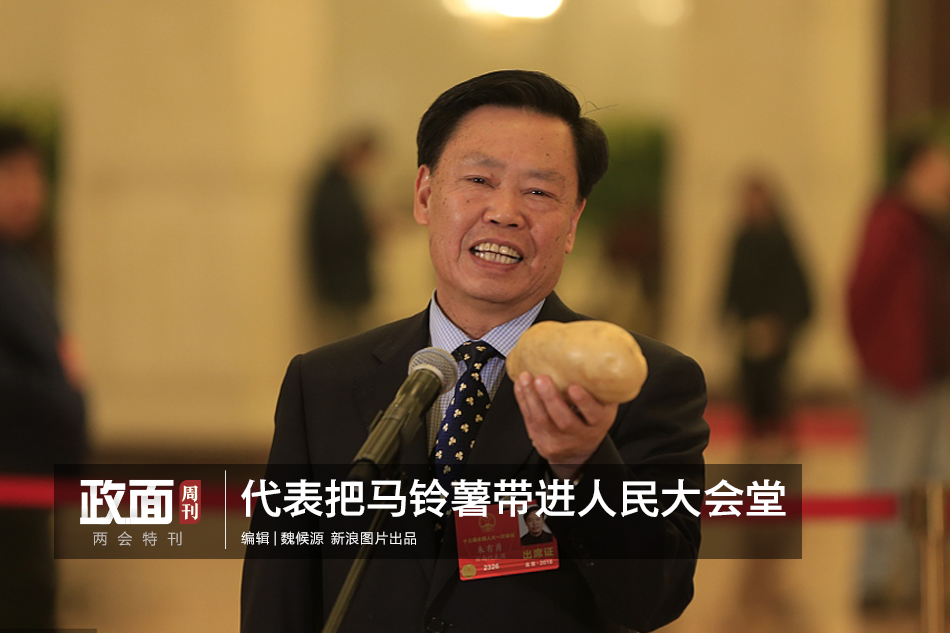 OKX Wallet apk download latest version
OKX Wallet apk download latest version
628.89MB
Check OKX review
OKX review
923.26MB
Check Binance Download for PC Windows 10
Binance Download for PC Windows 10
955.66MB
Check Binance download
Binance download
623.62MB
Check Binance login
Binance login
193.45MB
Check Binance Download for PC
Binance Download for PC
839.11MB
Check Binance market
Binance market
231.99MB
Check Binance login
Binance login
557.17MB
Check OKX Wallet
OKX Wallet
612.51MB
Check Binance app
Binance app
992.56MB
Check Binance download iOS
Binance download iOS
572.31MB
Check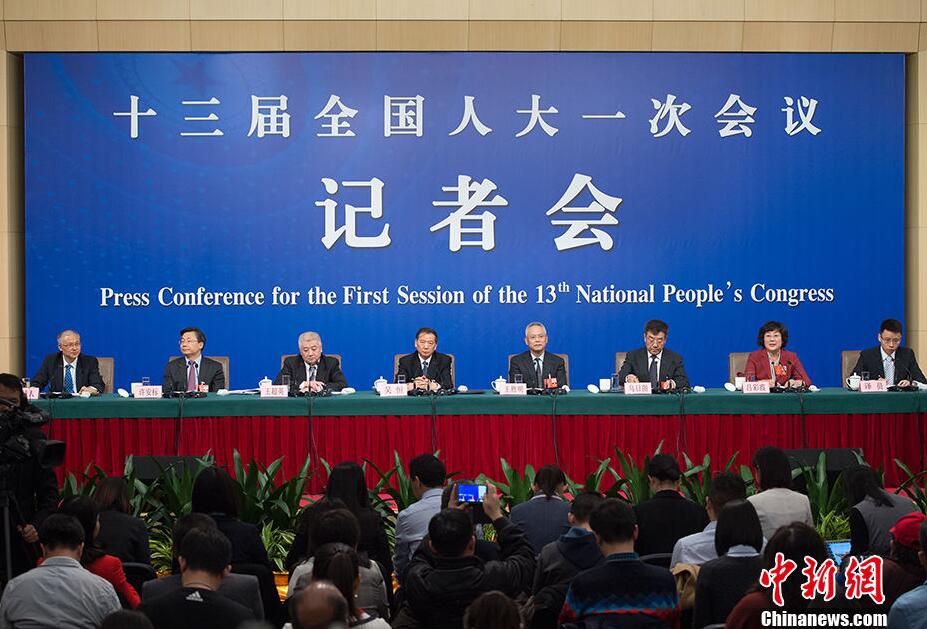 okx.com login
okx.com login
328.21MB
Check Binance app
Binance app
972.47MB
Check Binance app
Binance app
585.36MB
Check OKX Wallet apk download latest version
OKX Wallet apk download latest version
717.24MB
Check Binance download Android
Binance download Android
559.95MB
Check Binance download
Binance download
738.29MB
Check Binance download iOS
Binance download iOS
231.17MB
Check Binance market
Binance market
632.22MB
Check Binance Download for PC Windows 10
Binance Download for PC Windows 10
498.89MB
Check Binance download Android
Binance download Android
997.72MB
Check Binance APK
Binance APK
329.93MB
Check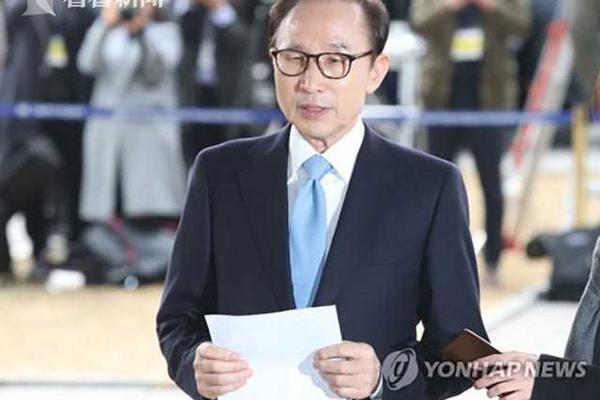 Binance login
Binance login
524.25MB
Check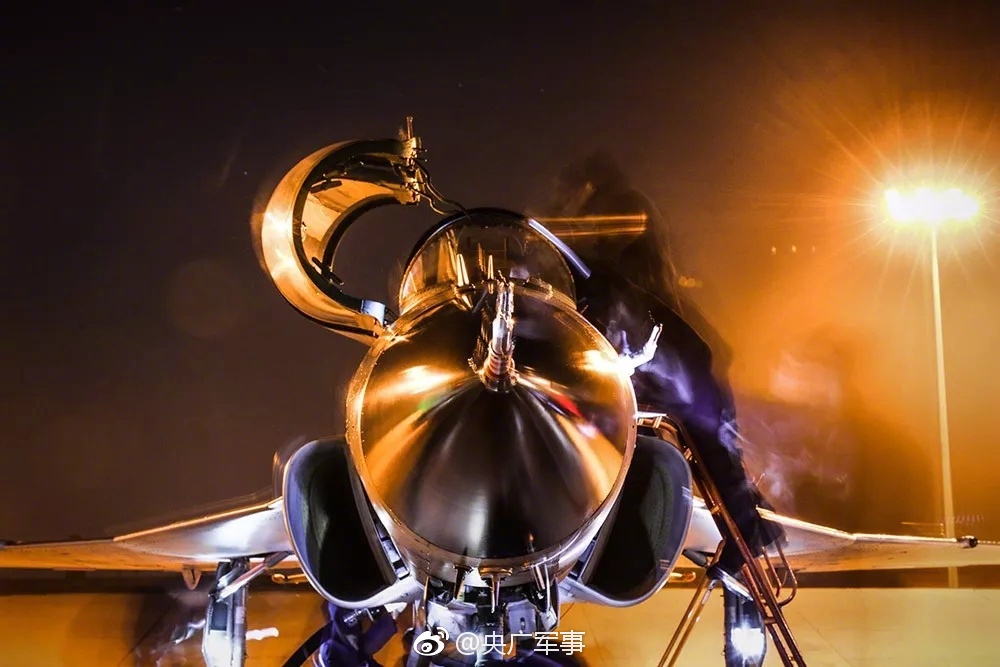 Binance wallet
Binance wallet
762.26MB
Check Binance app
Binance app
662.29MB
Check Okx app download
Okx app download
473.36MB
Check OKX Wallet app download for Android
OKX Wallet app download for Android
575.49MB
Check OKX Wallet app
OKX Wallet app
676.93MB
Check OKX Wallet to exchange
OKX Wallet to exchange
755.31MB
Check Binance login
Binance login
223.16MB
Check Binance download Android
Binance download Android
933.95MB
Check Binance login App
Binance login App
576.74MB
Check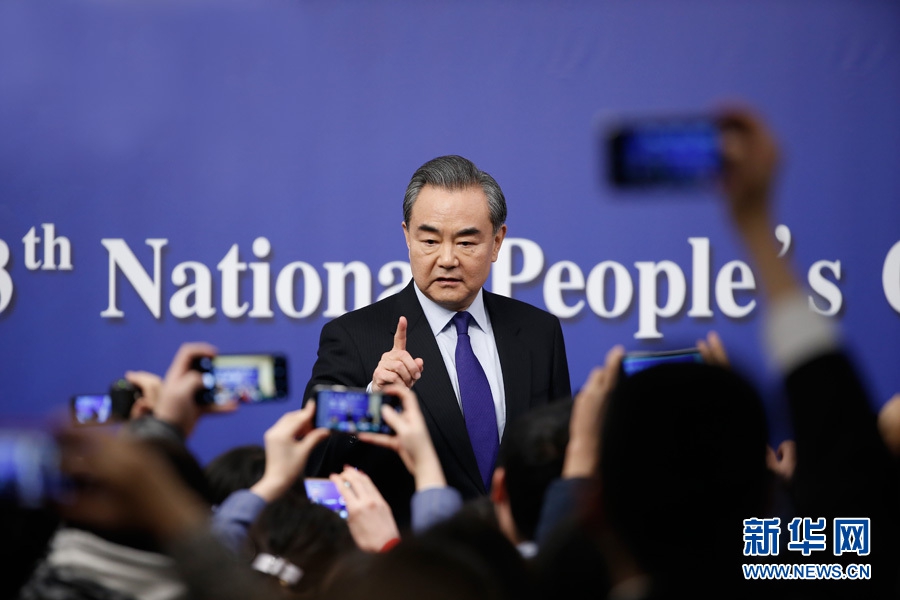 Binance download Android
Binance download Android
929.82MB
Check OKX Wallet apk download latest version
OKX Wallet apk download latest version
243.38MB
Check
Scan to install
OKX Wallet extension to discover more
Netizen comments More
2766 拔毛连茹网
2025-01-10 17:09 recommend
340 粗制滥造网
2025-01-10 16:50 recommend
2792 称心快意网
2025-01-10 16:24 recommend
87 夫子自道网
2025-01-10 16:09 recommend
2034 贼头贼脑网
2025-01-10 16:05 recommend